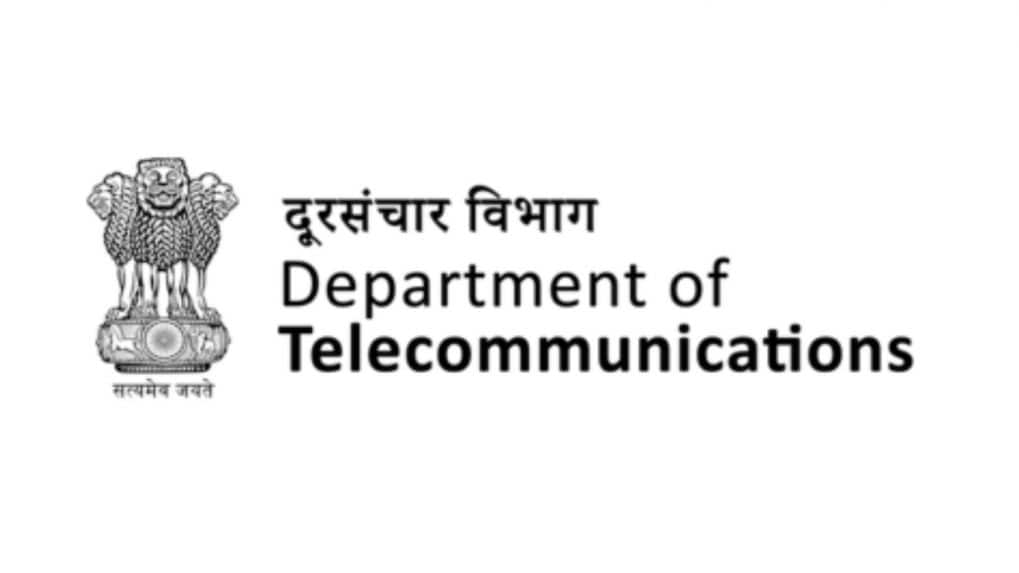DoT issues draft rules for telecom services under new authorisation regime
The draft, titled Telecommunications (Authorisation for Provision of Main Telecommunication Services) Rules, 2025, was issued on September 5 under the Telecommunications Act, 2023 and aims to ease compliance burden.
ADVERTISEMENT
The Department of Telecommunications (DoT) has released draft rules for providing telecom services under the new authorisation regime, a framework designed to simplify entry and reduce compliance requirements for operators. Under this system, companies will not need to obtain a traditional license to offer telecom services.
The draft, titled Telecommunications (Authorisation for Provision of Main Telecommunication Services) Rules, 2025, was issued on September 5 under the Telecommunications Act, 2023. However, the DoT has reportedly clarified that the new regime will not override the existing licensing framework under the Indian Telegraph Act, 1885. Instead, companies will have the option to choose between the two.
So far, the DoT has notified several sets of rules under the new Act, with this being the main framework for telecom authorisation. Unlike the current licensing system, where all terms and conditions are embedded in a contract between the DoT and an operator, the authorisation system grants approval first, while service-specific conditions are notified separately.
The government hopes that the lighter compliance model will encourage telecom companies to voluntarily adopt the new regime. However, since migration is not mandatory, both systems may operate simultaneously, potentially leading to overlaps and confusion.
The Telecom Regulatory Authority of India (TRAI) has long advocated a unified authorisation framework that covers all telecom services- mobile, internet, and long-distance calling- under a single umbrella. TRAI had suggested three categories of authorisation: main, auxiliary, and captive. The current draft rules apply to the main category.
Under the framework, telecommunication service authorisations are classified into four categories: main telecommunication services, miscellaneous telecommunication services, captive telecommunication services, and broadcasting services.
The scope of this set of draft rules relates to main telecommunication services, where authorisations encompass offerings like unified service, access service, internet service, and long-distance service.
"The initial validity period of an authorisation for provision of telecommunication services shall be twenty (20) years from the effective date unless curtailed or revoked earlier for reasons specified in these rules," it said.
If the applicant for authorisation under these rules is an existing licensee, it shall, along with its application for authorisation apply for migration of all its existing licenses for all categories of telecommunication services to the corresponding authorisation for telecommunication service, in accordance with the migration rules, and submit proof of such application.
On the security conditions, it said, "An authorised entity shall, at its own cost provide suitable lawful interception systems and lawful interception and monitoring facilities in accordance with the instructions specified for this purpose by the Central Government." "An authorised entity shall ensure that the lawful interception system and lawful interception and monitoring facilities are integrated with the Centralised Monitoring System (CMS) or Internet Monitoring System (IMS), as applicable, prior to the commercial launch of telecommunication services," the draft rules stated.
On provision of telecommunication services through satellite systems, it said an authorised entity permitted to use satellite systems under specified rule shall comply with technical and operating norms including ensuring that all traffic on the satellite network originating from or terminating on the user terminals located in India, shall pass through an authorised entity's satellite earth station gateway and associated telecommunication network located in India.
It has to also "ensure that no traffic originating from or terminating at a user terminal located in India is routed via satellite earth station gateways located outside India either directly or through inter satellite communication links, including during failure of satellite earth station gateway in India or as part of telecommunication network optimization" and "ensure that the user traffic shall not be mirrored by an authorised entity to any satellite system or server located outside India through inter satellite communication links or through any other means," the draft rules stated.
The draft rules are open for public consultation, with stakeholders invited to submit comments within 30 days of publication. The DoT will finalise the framework after considering industry feedback.


